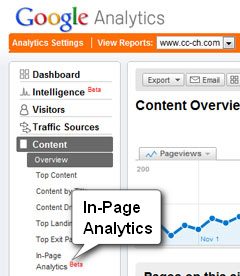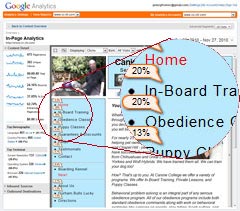
Imagine what Bach would do with an electric guitar... it would probably sound a lot like Van Halen.
Ninety years ago a book was being written by a man named Claude Hopkins. That book would reveal an advertising secret that revolutionized the industry. It was called Scientific Advertising and it’s been a “must read” ever since.
And, it’s even more useful today, online.
There are two components to this method, and I have a pair of acronyms to help you remember them.
ART – Always Run Tests.
3D – Data Driven Decisions.
Let’s dive in to these old concepts and see how they can drastically improve the performance of your marketing campaigns today.

